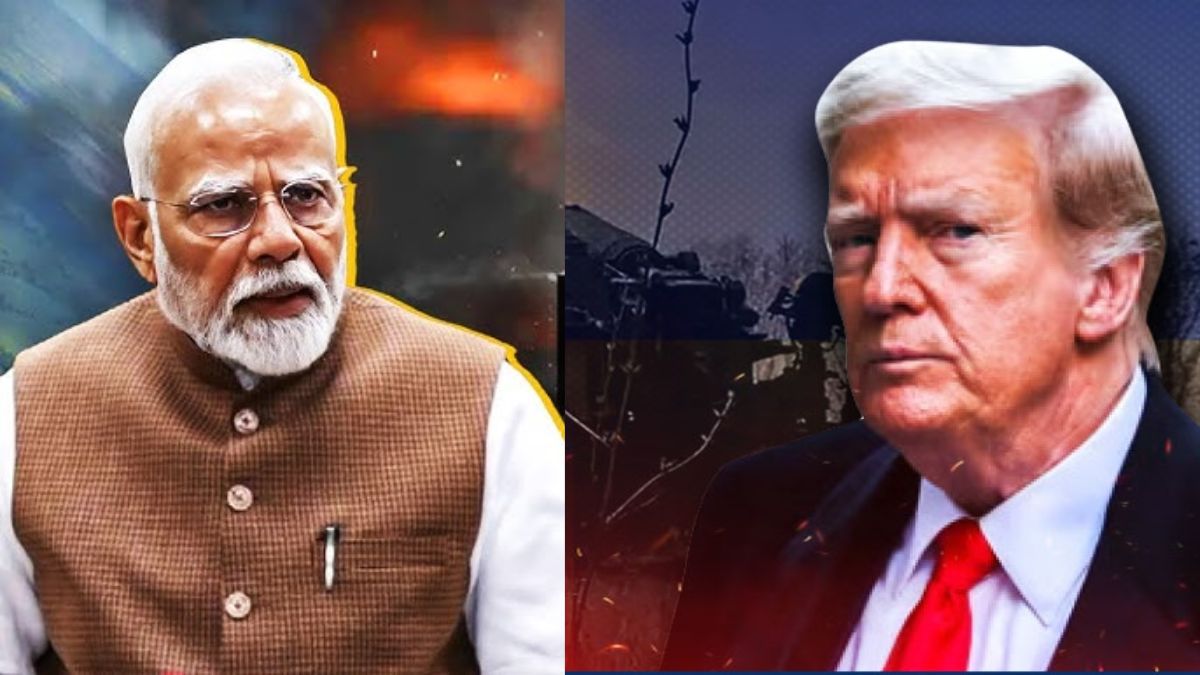After facing pushback from India over US President Donald Trump’s remarks on mediating the Kashmir issue between India and Pakistan, the US State Department responded by clarifying its position, saying that it encourages direct talks.
The department said that the US “encourages direct” talks between India and Pakistan. It also praised Prime Minister Narendra Modi and Pakistan’s Prime Minister Shehbaz Sharif for choosing the path of peace after agreeing to a ceasefire.
“We also welcome the ceasefire between India and Pakistan and commend Prime Ministers Modi and Sharif for choosing the path of peace. As President Trump said, their decision reflects strength, wisdom, and fortitude,” said the State Department’s Principal Deputy Spokesperson Thomas Pigott at a press briefing on Tuesday (local time).
Earlier, Trump posted on social media saying that India and Pakistan had agreed to a “full and immediate ceasefire” after four days of cross-border clashes, claiming that the ceasefire was helped brokered with the help of US.
Later, in another post, he said, “I will work with you both to see if, after a thousand years, a solution can be arrived at concerning Kashmir.”
In response, India reiterated its long-standing position that any talks with Pakistan must be strictly bilateral and follow the Simla Agreement.
India’s rejection also reflects its firm stand on sovereignty and its established approach to dealing with Pakistan.
Pahalgam terror attack and India’s Operation Sindoor
Tensions rose between the two nuclear-armed neighbours after India carried out airstrikes on terrorist infrastructure at nine locations in Pakistan, following the 22 April terror attack on innocent tourists in Pahalgam, which killed 26 people, mostly tourists.
India launched precise strikes on terror hubs in Pakistan in the early hours of 8 May, eliminating top leaders of several terror groups, including Jaish-e-Mohammed and Lashkar-e-Taiba. The military strikes targeted nine locations across Pakistan and Pakistan-occupied Kashmir, including key terror headquarters of LeT in Bahawalpur and Jaish in Muridke.
Impact Shorts
More ShortsThis escalated tensions further, with a rattled Pakistan launching multiple failed missile and drone attacks, all of which were successfully foiled by the alertness of Indian forces.
India’s retaliation to Pakistan
Pakistan’s provocations forced India to retaliate strongly. The Indian Air Force (IAF) targeted and destroyed key military assets, including airbases and radar sites, effectively bypassing advanced Chinese-supplied defence systems deployed by Pakistan.


)

)
)
)
)
)
)
)
)



